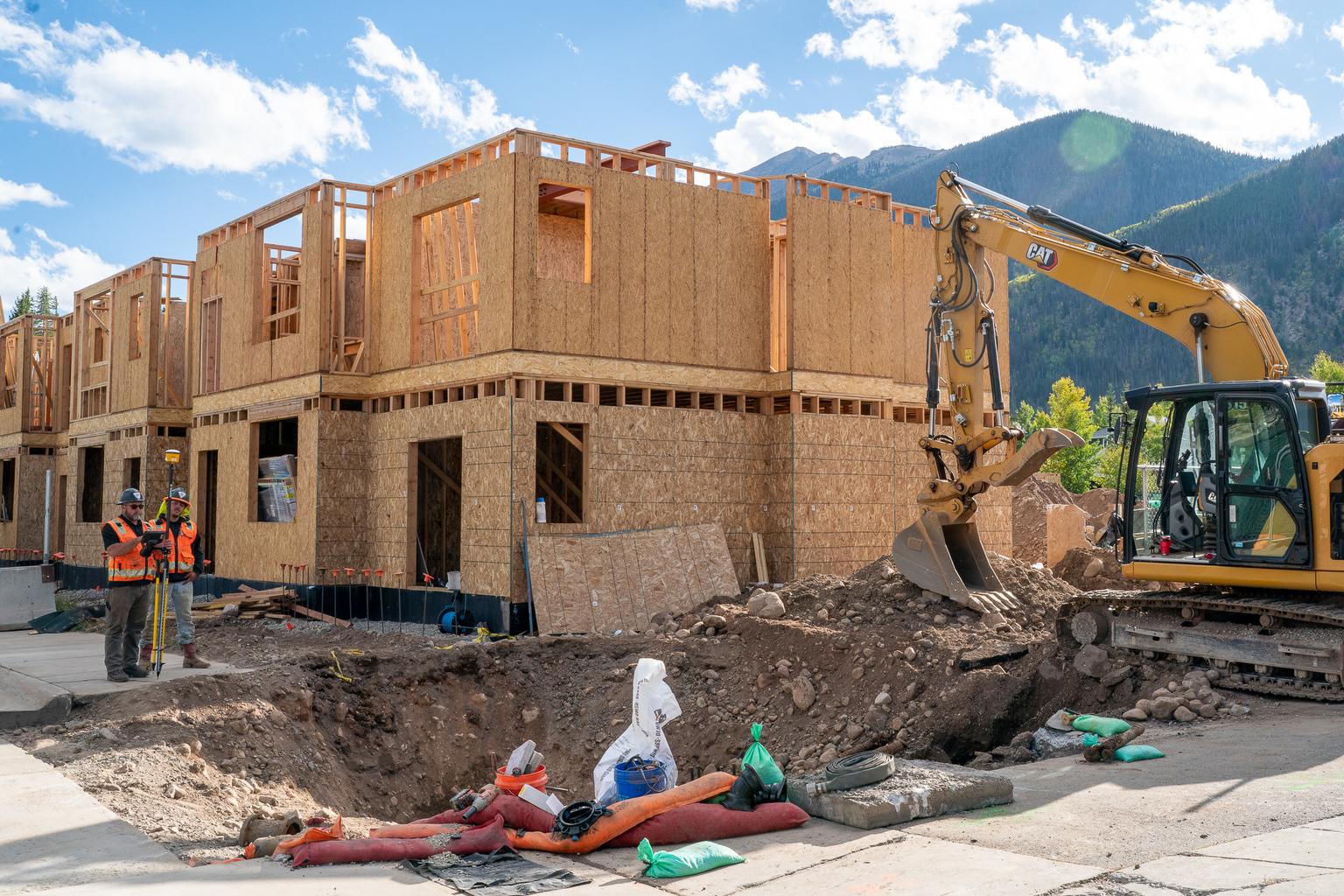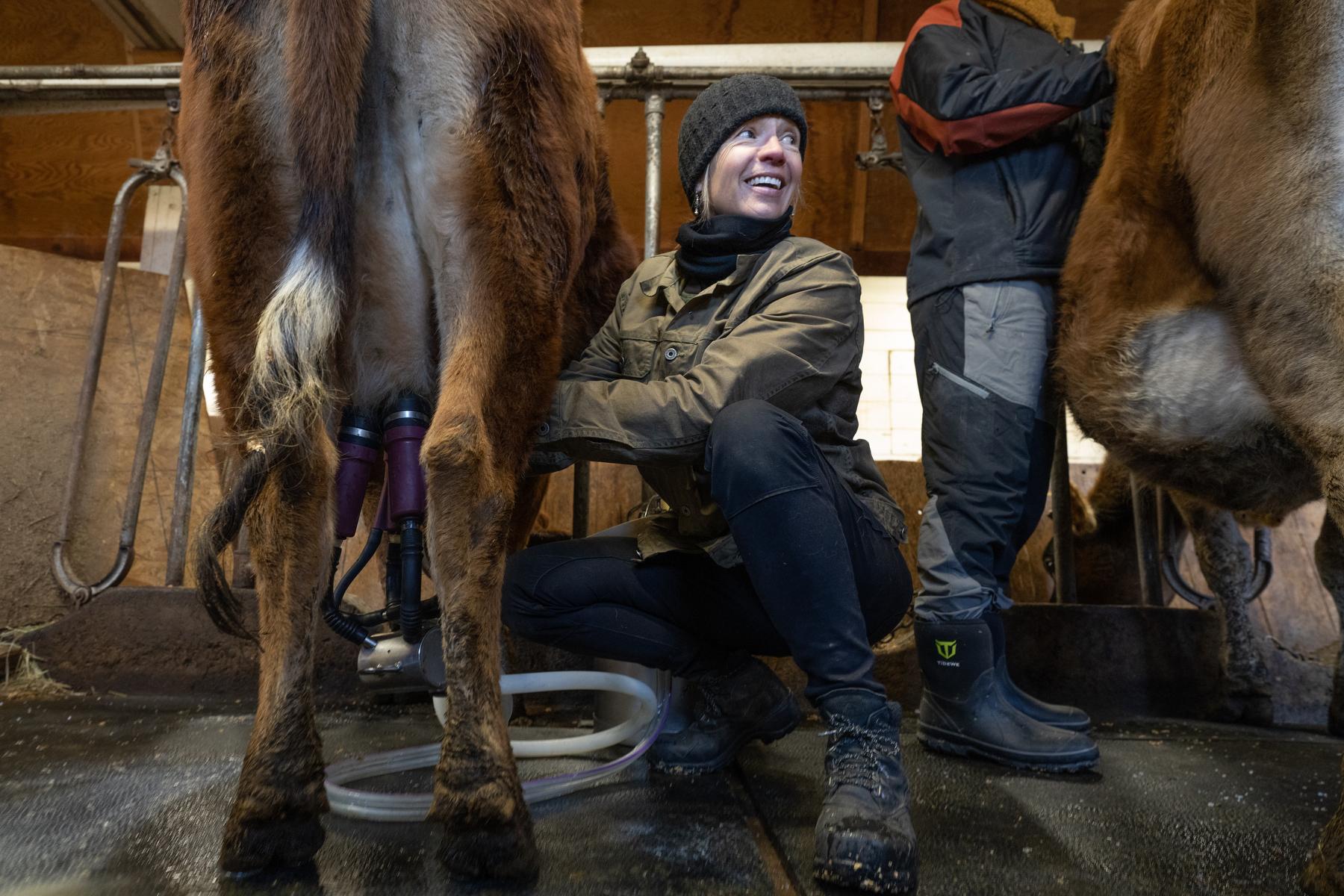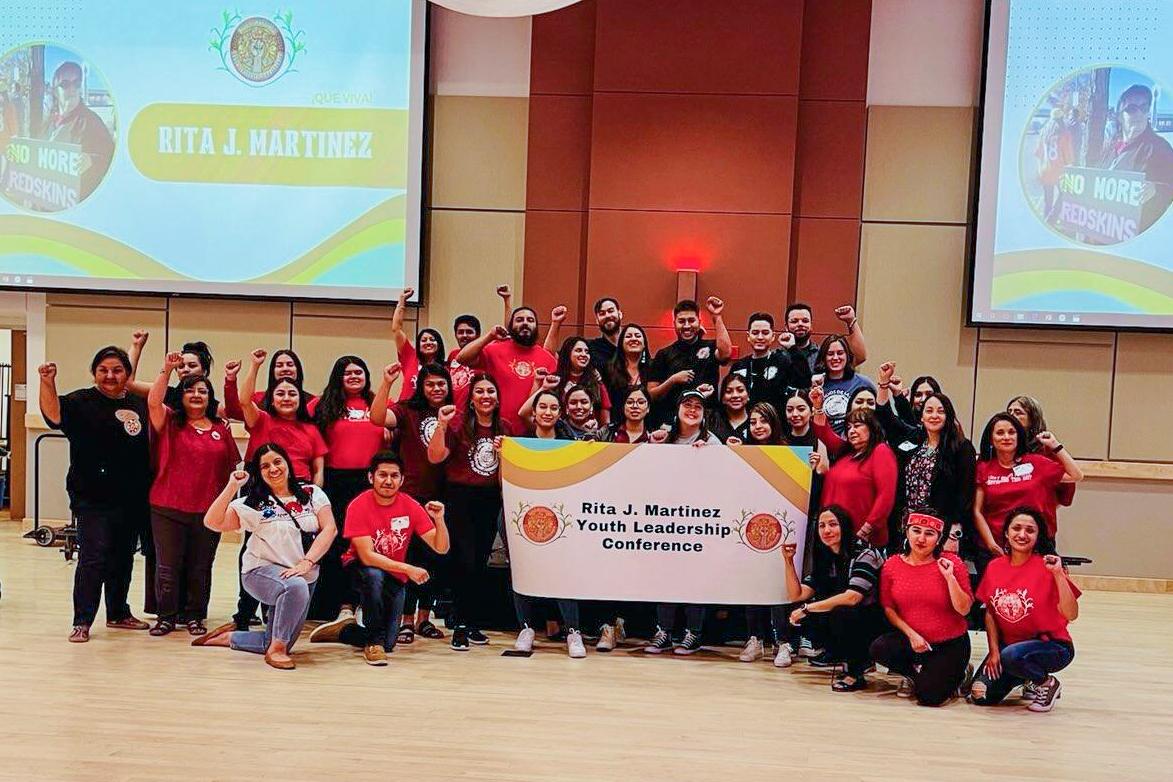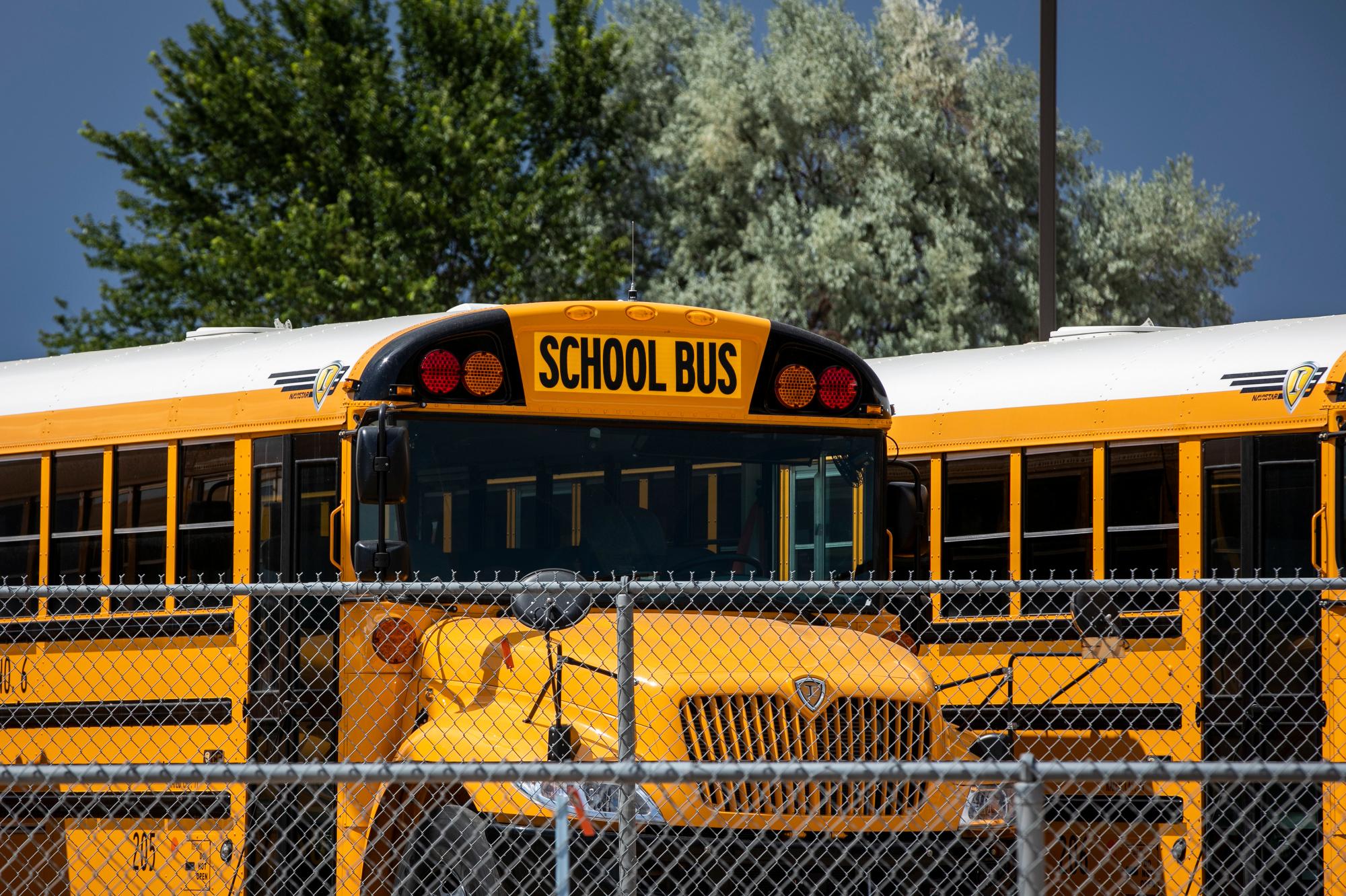About 25 years ago a handful of Colorado public schools started opening health clinics right on campus. The number has steadily grown, and now the state is in the middle of a school clinic building boom. CPR Health Reporter Eric Whitney has more.
CPR HEALTH REPORTER ERIC WHITNEY: Seventeen-year-old Hawa Diane is a big fan of the health clinic at Montbello High School in east Denver.
DIANE: I come to the clinic a lot. I come to get headache medicine, to get a checkup. I drop by sometimes just to day hi (laughs), get some water, cuz they got good water here, (laughs) it's the coldest.
REPORTER: Diane likes to drop by because last year she developed a close relationship with the nurse who runs the clinic. Diane had shown up for one health issue, but the clinic did a whole battery of tests just to make sure everything was OK. They do that for all kids.
For Diane, everything wasn't OK. A test revealed that she had type 1 diabetes and didn't know it. She says the nurse's diagnosis hit her pretty hard.
DIANE: I was really, really sad and emotional, just crying. And she helped me out a lot. She gave me a hug and comforted me, she talked to me. She made sure that I was OK, and she was here for me. Yeah.
REPORTER: Diane was uninsured, with no access to health care. So the nurse helped enroll her in Medicaid, then helped her get specialty care.
Everything's cool now, Diane has her diabetes under control and is able to keep playing volleyball and doing anything else a normal, healthy high school senior does.
DIANE: I love this clinic, and I'm kinda sad that it's my last year here.
REPORTER: Dr. Steve Federico oversees the 14 school-based clinics that Denver Health runs in Denver Public Schools. He says Diane was lucky she had access to one. He's worked in emergency rooms and seen kids who don't learn they have diabetes until their bodies crash.
FEDERICO: It is a life threatening situation, where the emergency room doc has to work very quickly. Those kids are almost always admitted to the hospital, and usually admitted to the intensive care unit.
REPORTER: That's expensive, tens of thousands of dollars expensive, and if the student doesn't have health insurance, the hospital will probably eat a lot of the cost, driving up prices for everybody else.
Research shows that school based clinics reduce emergency room admissions in surrounding areas. And it’s common sense that healthy kids learn better, a big reason more schools are carving out spaces for clinics like these former counselling offices at Montbello.
DIANE: this is where you come in, they check your your weight, your temperature, your height, vision, your hearing, your blood pressure and your shots.
REPORTER: School clinics are staffed by primary care specialists, and can do pretty much anything a regular family practice can. They see any student, regardless of whether they have health insurance, and appointments aren't required. That’s huge in low-income neighborhoods, because even if kids have public health insurance, it can take weeks to get an appointment at a Medicaid clinic. And, parents might have to miss work to take them to one.
Dr. Federico says putting clinics in schools means a lot more kids get access to health care.
FEDERICO: Especially when it comes to adolescents, who are not the best seekers of health care, the convenience factor is incredibily important.
REPORTER: But school-based clinics aren't easy to set up and run. The 46 school clinics in Colorado cobble together funding however they can. They share about two million dollars a year from the state, some get help from local hospitals, United Way campaigns and private donors.
In the last couple of years, though, there's been a lot more money for school clinics in Colorado. Kathy Dunkin is with the Colorado Health Foundation.
DUNKIN: In 2009 we launched a 4-year initiative, and we committed $10.8 million to either fund new school-based health centers throughout the state, or expand services in existing school-based health centers.
REPORTER: That 10.8 million means six new clinics so far, six more to be built by 2013, and expansions at 17 clinics.
And in July the federal government awarded its first-ever direct grants to school clinics. They’re part of the Affordable Care Act passed last year. Colorado got about two-and-a-half million dollars.
SOUND: Kids in hall at Place Bridge Academy
REPORTER: The biggest federal grant, half a million dollars, is going here, Place Bridge Academy in the Denver suburb of Glendale. Principal Brenda Kazin shows off the old auxillary gym that's going to be renovated into one of the state's biggest school clinics.
KAZIN: So it's going to be this whole room, and then they're going to break trough here, and on the other side is the girls locker room, and we're going to take part of the girls locker room.
REPORTER: Backers of the federal health care law say it’s going to help clinics beyond just giving grants. It’s supposed to expand the number of kids who qualify for Medicaid, and those with private insurance. That means more sources the clinics can bill, easing their need to raise money from outside sources.
[Photo: Eric Whitney]









